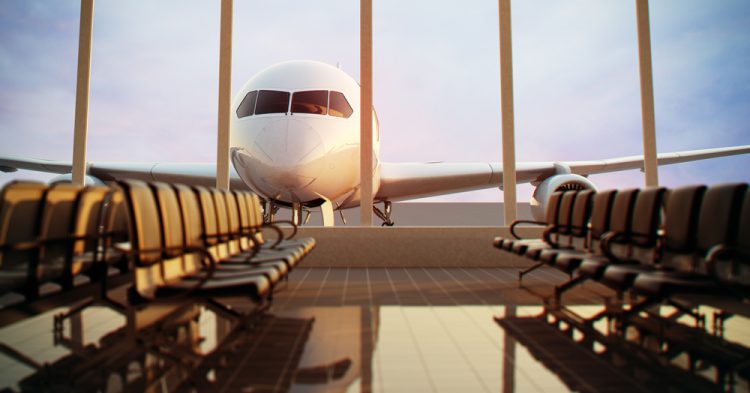In recent aviation news, Delta Air Lines has joined the ranks of major carriers in the United States by implementing a hike in its baggage fees, marking the third such increase within the span of just two weeks in the industry.
Effective immediately, Delta passengers can expect to incur an additional $5 charge for both their first and second checked bags on domestic and short-haul international routes. This translates to a $10 increase for a round-trip journey. Consequently, the revised fees now stand at $35 for the first checked bag and $45 for the second. For a family of four embarking on a spring break vacation, each member bringing along a bag, this adjustment means an added expense of $280 solely for baggage, atop the cost of their tickets.
This move by Delta represents its first adjustment to baggage fees since 2018. The airline has cited the need to offset rising industry costs as the rationale behind this adjustment. Notably, this decision follows closely on the heels of American Airlines’ controversial decision to raise its checked baggage fees, the first such increase in six years, a move promptly mirrored by United Airlines.
Delta has clarified that these revised fees will not be applicable to customers traveling in first class or members of its SkyMiles Medallion loyalty program, who will continue to enjoy their allotment of complimentary bags. Additionally, the airline has assured passengers that the increased charges will not impact tickets purchased prior to the implementation of this new policy.
The practice of charging for checked bags, once the domain of budget carriers like Spirit and Frontier, has become increasingly prevalent among major airlines, including Delta, American, and United. Previously, baggage fees were typically included in the price of airfare, but the industry’s evolving landscape has led to the adoption of additional charges.
These fees, often derided by passengers, have served as a significant revenue stream for airlines, helping to offset escalating fuel and labor costs. In fact, data reveals that major carriers, including Delta, United, and American, collectively amassed a staggering $33.3 billion in revenue from baggage fees alone last year, marking a notable 15 percent increase from the previous year.
According to a study conducted by car rental service CarTrawler and airline consulting firm IdeaWorksCompany, this figure encompasses fees for larger carry-on bags, standard checked baggage, as well as fines for overweight or oversized bags. Baggage fees accounted for 4.1 percent of global airline revenue in 2023, highlighting their substantial contribution to the industry’s financial landscape.
Airlines have witnessed fluctuations in baggage fee revenue over the past few years, with the onset of the COVID-19 pandemic precipitating a significant decline in 2020. However, as travel restrictions eased in 2021, revenue from baggage fees rebounded, reaching $20.9 billion and comprising 4.6 percent of total airline revenue, the highest percentage in the last five years.
In conclusion, while the increase in baggage fees may elicit frustration from passengers, it underscores the complex economic dynamics shaping the aviation industry. As airlines navigate the challenges posed by fluctuating costs and evolving consumer preferences, adjustments to ancillary fees like baggage charges have emerged as a key strategy to ensure financial sustainability and operational viability in an increasingly competitive market.
